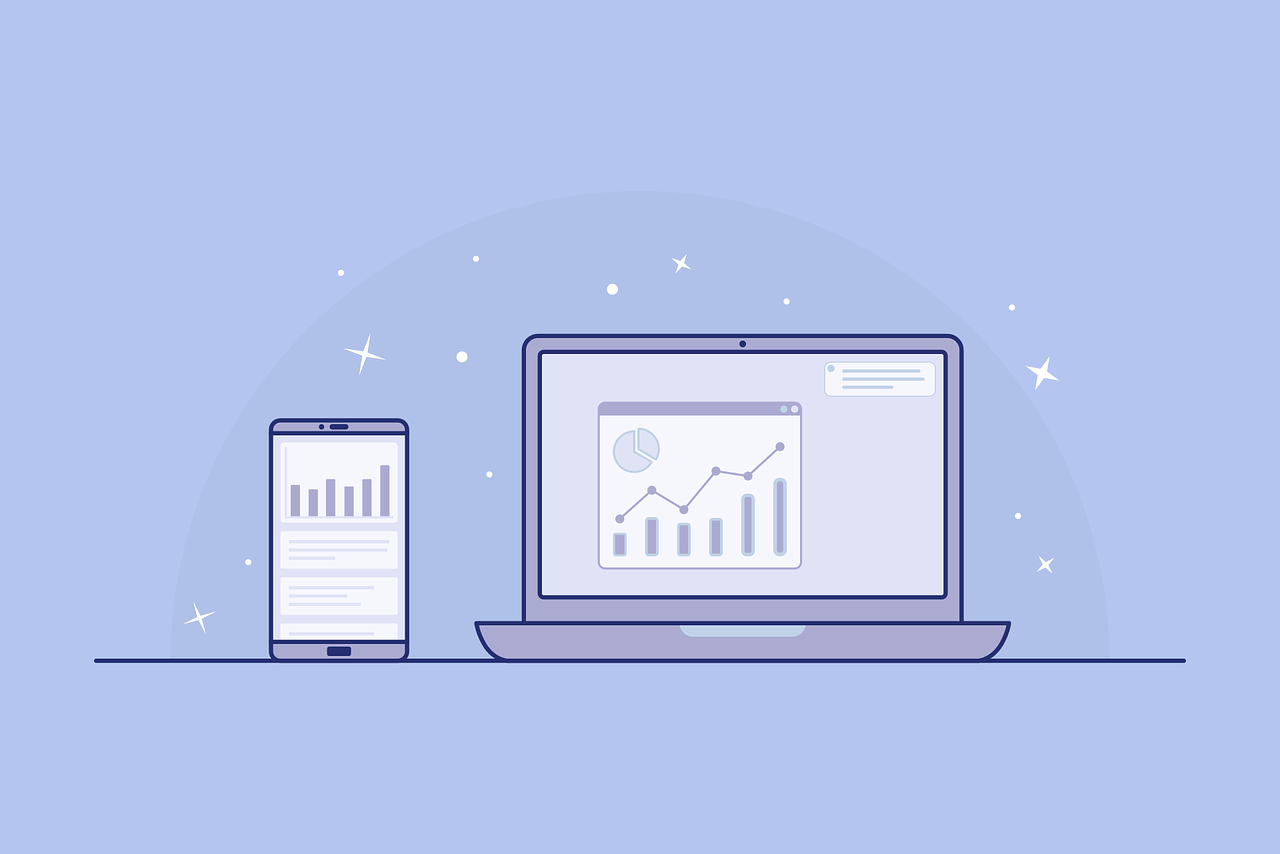To help survivors of financial abuse, Texas Appleseed, a nonprofit organization promoting social and economic justice, has teamed up with the Texas Coalition on Coerced Debt to create the Coerced Debt Toolkit: Addressing Identity Theft for Survivors of Financial Abuse. The toolkit is divided into five guides that will help users recognize the signs of financial abuse and will offer them some strategies to address it.
Read moreStarting This Month: Big Civ Pro Changes Impact Texas Litigants
Anyone dealing with Texas civil suits being filed in 2021 should familiarize themselves with some significant changes to the Texas Code of Civil Procedure that went into effect this week.
Read moreThe Eviction Crisis: What to Know if You're Facing Eviction in January 2021
Eviction is challenging in any circumstance, but particularly terrifying when the best way to keep ourselves and our community safe is to comply with the Harris County stay home order. Because of this, homelessness is even more dangerous than ever. But there is some hope for Texans facing eviction.
Read moreDebt Collection Rights in Texas
To help people become more educated and not fall victim to scams, Texas Appleseed, a nonprofit organization promoting social and economic justice, has created a toolkit, My Debt Collection Rights in Texas, to inform consumers about debt collection and related scams.
Read moreThe City of Houston is Taking Steps to Bridge the Digital Divide
The “digital divide” refers to “the economic, educational, and social inequalities between those who have computers and online access and those who do not.” This divide can affect access to justice (for self-represented litigants in civil courts), education, employment opportunities, and more.
In May 2019, the Pew Research Center stated the following with regard to lower-income Americans: “Roughly three-in-ten adults with household incomes below $30,000 a year (29%) don’t own a smartphone. More than four-in-ten don’t have home broadband services (44%) or a traditional computer (46%). And a majority of lower-income Americans are not tablet owners.” As a result, “many lower-income Americans are relying more on smartphones” for internet access. Further, in August 2019, the Pew Research Center found that about “25% of Hispanics and 23% of blacks are ‘smartphone only’ internet users – meaning they lack traditional home broadband service but do own a smartphone. By comparison, 12% of whites fall into this category.”
As of October 2019, the Texas Comptroller reported that “[m]ore than 2 million Texas households don’t have high-speed internet.” In addition, the nonprofit group Common Sense found in 2020 that “34% or 1.8 million K-12 public school students in Texas do not have adequate access to the internet at home, and that 25% of Texas’ kids do not have an adequate device at home like a laptop or a computer.”
Locally, Comcast has partnered with the City of Houston on two initiatives designed to help bridge this digital divide. First, the Houston City Council “approved a $624,960 program to provide internet vouchers to low-income Houstonians,” which provided “approximately 5,000 vouchers to qualifying applicants” in December 2020. The vouchers were to “ensure qualifying applicants can continue to stay connected to the internet for education, work, and personal health reasons for one calendar year.” The second initiative involves WiFi-connected “Lift Zones” in nine City of Houston Community Centers. These “Lift Zones” are intended to offer “robust WiFi hotspots in safe spaces designed to help students get online, participate in distance learning and do their homework.” This program provides free WiFi in the designated community centers for the next three years.
Finally, even if you are not covered by these initiatives, our blog post from October 6, 2020 discusses a map of free WiFi spots in Texas, which allows you to enter your address and search for free public WiFi within a specified distance.





